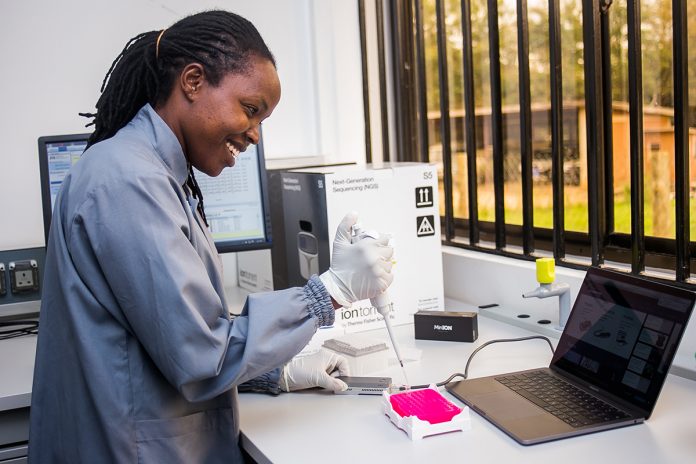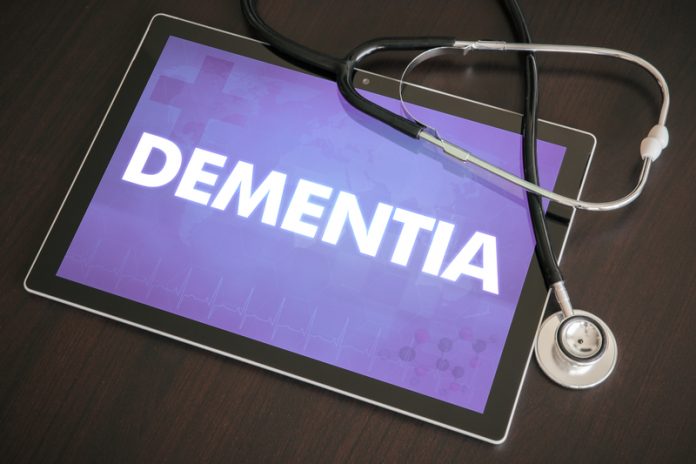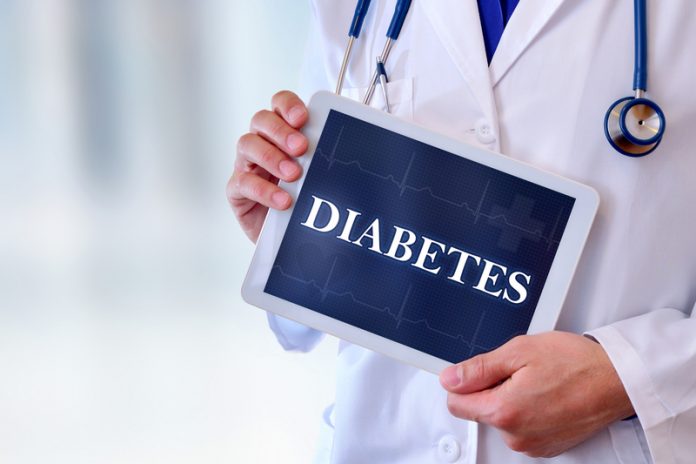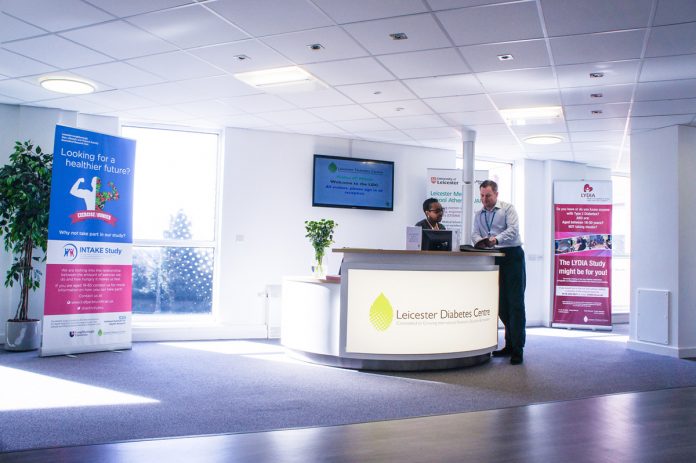Open Access Government produces compelling and informative news, publications, eBooks, and academic research articles for the public and private sector looking at health, diseases & conditions, workplace, research & innovation, digital transformation, government policy, environment, agriculture, energy, transport and more.
Home Search
lead - search results
If you're not happy with the results, please do another search
A fresh approach to research and innovation in Europe
The European Commission’s fresh approach to promoting research and innovation in Europe is placed under the spotlight here by Open Access Government
The World Health Organization: Tackling infectious diseases in Africa
Open Access Government explores the work of the World Health Organization (WHO) Regional Office for Africa in tackling infectious diseases, including tuberculosis (TB)
Chemistry in the UK today
Open Access Government explores the exciting world of chemistry in the UK today, including heterocycles in pharmaceuticals and the importance of inspiring the next generation to work in the field
The research priorities for the cereals and oilseeds sector
Tim Isaac, Head of Arable at the Agriculture and Horticulture Development Board shares his thoughts on research into the cereals & oilseeds sector
The detection, identification and monitoring of infectious diseases in Africa
The Southern African Centre for Infectious Disease Surveillance detail the issues around the detection, identification and monitoring of infectious diseases in Africa today
Jonny Voon
Jonny Voon is the Innovation Lead IoT & Distributed Ledger at Innovate UK.
Greater research investment is needed for a dementia breakthrough
Dr Doug Brown, Chief Policy and Research Officer at Alzheimer’s Society, discusses why more investment is needed in dementia research
Blockchain Innovation July 2018
A very warm welcome to the Blockchain Innovation July 2018 publication, featuring a variety of thought-provoking mix of comment pieces on this exciting technology, including its potential in the public sector
Physics: Optical microscopy in 3D
Dr Chunqiang Li, PhD from the Physics Department at University of Texas at El Paso explains the fascinating area of physics, optical microscopy in 3D
Ethical Healthcare asks: Is the market ready for a novel approach to consulting?
Here, Ethical Healthcare Consulting explains how they look to shake up existing consulting models with a unique blend of quality combined with not-for-profit status
Physical activity and ageing: Recommendations that will translate into greater practice
Isabelle J. Dionne, Professor at Université deSherbrooke provides a compelling analysis of physical activity (PA) and ageing, focussing on how to develop recommendations that will translate into greater practice
Understanding earth and environmental processes
Open Access Government explores the work of the public-sector body, the British Geological Survey (BGS), in helping us to understand earth and environmental processes
How digital solutions are having an impact on the self-management of Type 2 diabetes
Yinka Makinde, Programme Director at DigitalHealth.London tells us exactly how digital solutions are having an impact on the self-management of Type 2 diabetes across London in the UK.
Fighting antimicrobial resistance: Exploring new tools to beat bad bugs
Based on fundamental research, young scientists at the IBPC explore new approaches to fight against the global threat of antimicrobial resistance, according to two seasoned experts from Institut de Biologie Physico-Chimique – CNRS
Stick or twist: Perspectives from the world’s largest blockchain event
In May this year, New York held the largest Blockchain conference yet – Consensus 2018. Here are a personal set of perspectives about the event which should get you scratching your head about blockchain from Simon Kavanagh, Head of Innovation and Design in Healthcare, Welfare and Education at Tieto
Physics: Plasma-Jet-Driven Magneto-Inertial Fusion (PJMIF)
Professor Y. C. Francis Thio and Dr. F. Douglas Witherspoon of HyperJet Fusion Corporation, USA share their expert views on physics, with a focus on Plasma-Jet-Driven Magneto-Inertial Fusion (PJMIF)
Diabetes: A commitment to growing international research, education and innovation
Janet Jarvis from Leicester Diabetes Centre tells us about their international research, education and innovation in the field of diabetes
New food production systems need sustainable energy worldwide
Sustainable energy is a crucial requirement for the future of food production. Here Håkan Sandin discusses the requirements of energy for agriculture.
Genomics and precision agriculture: A perfect match for improving farm sustainability
Nicolas Friggens, coordinator of the GenTORE project at INRA, France reveals why genomics and precision agriculture are a perfect match for improving farm sustainability
The compelling case for investing in Swindon and Wiltshire
Paddy Bradley, Director at Swindon and Wiltshire LEP put forward the compelling case for investing in the UK’s Swindon and Wiltshire





















